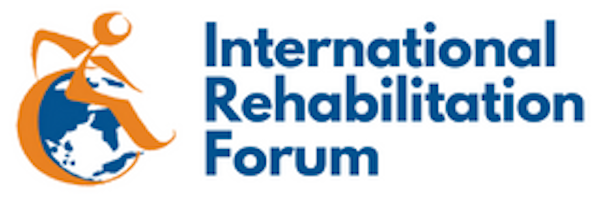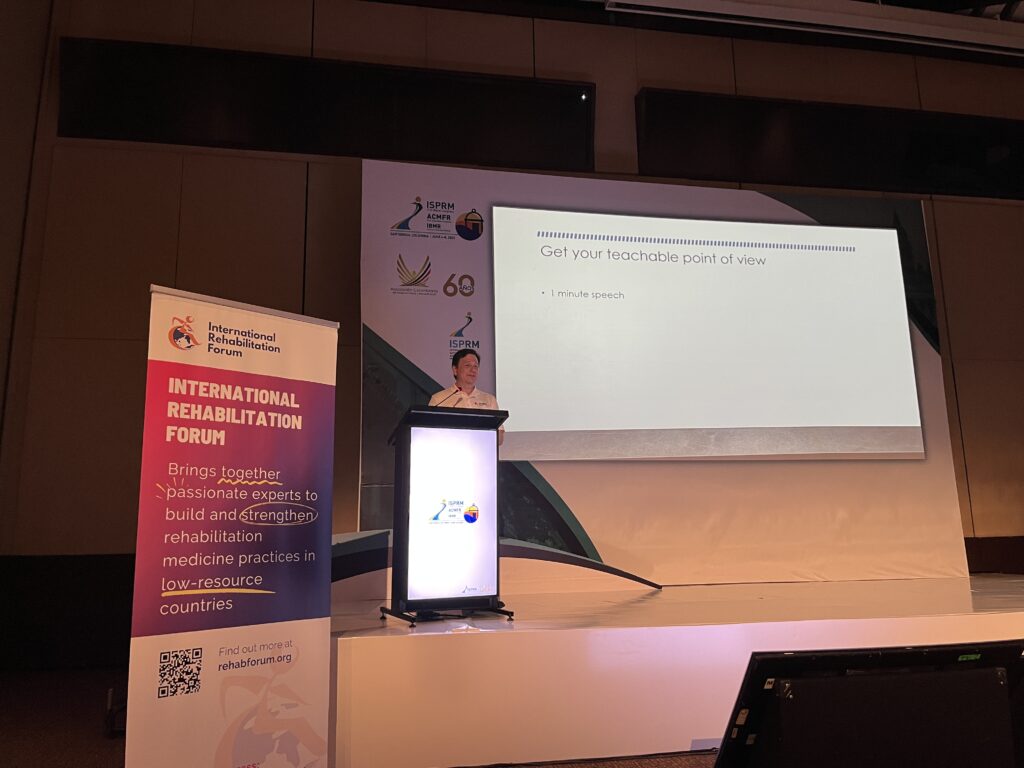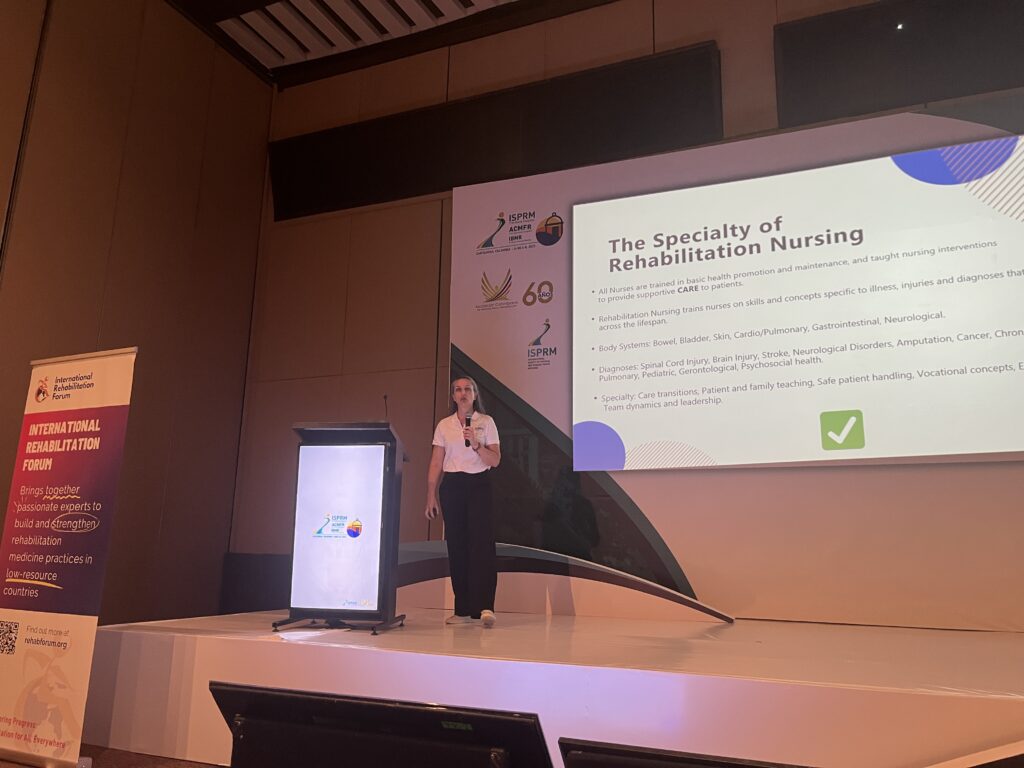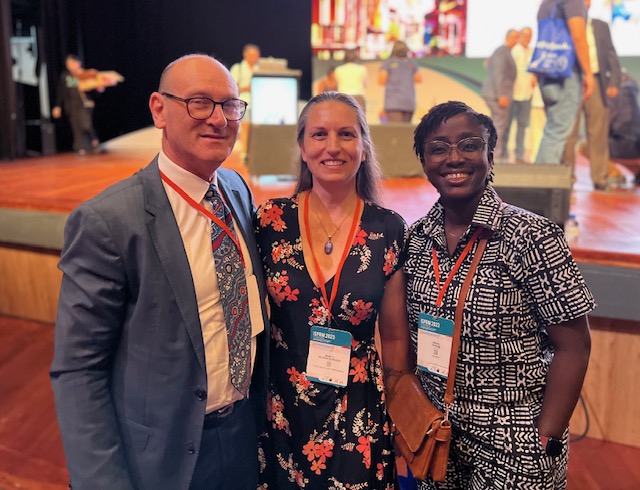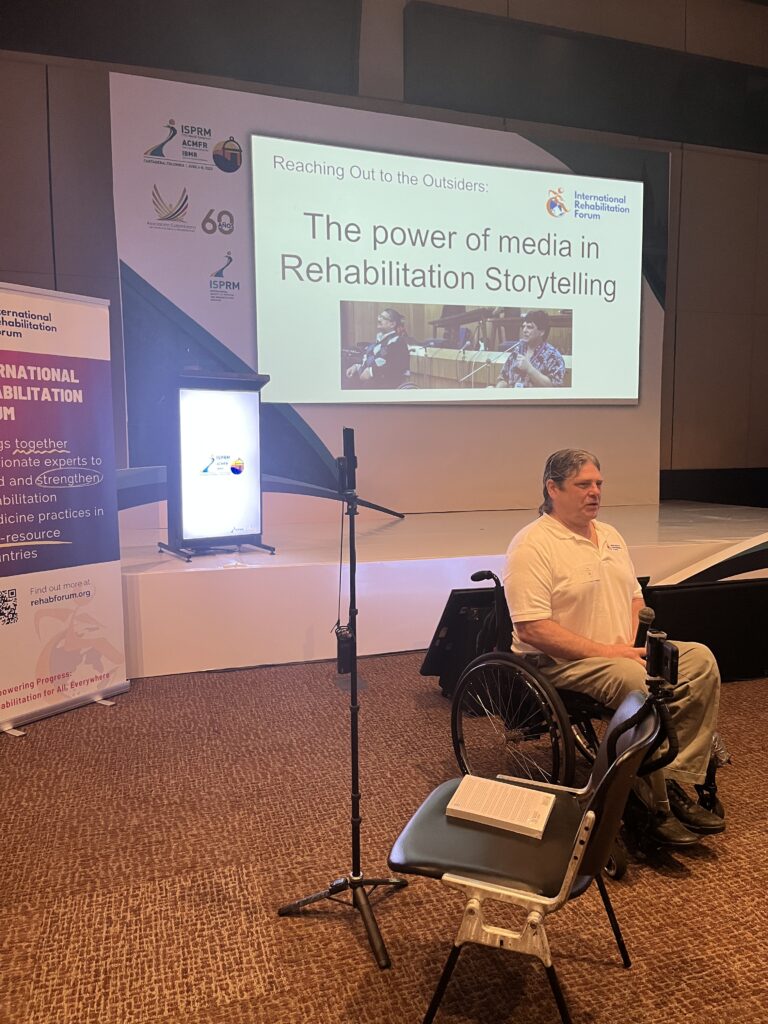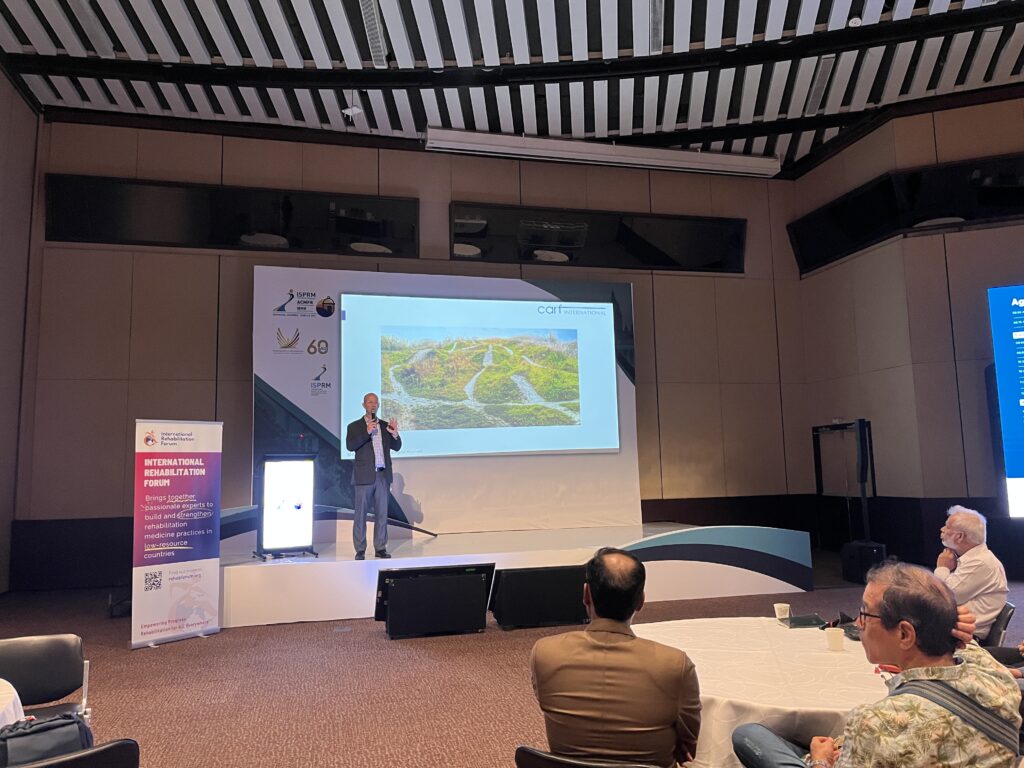IRF-CARF Workshop Advances Standardization Efforts for Rehabilitation Care in Lower-Resource Countries
Cartagena, Colombia - June 3, 2023
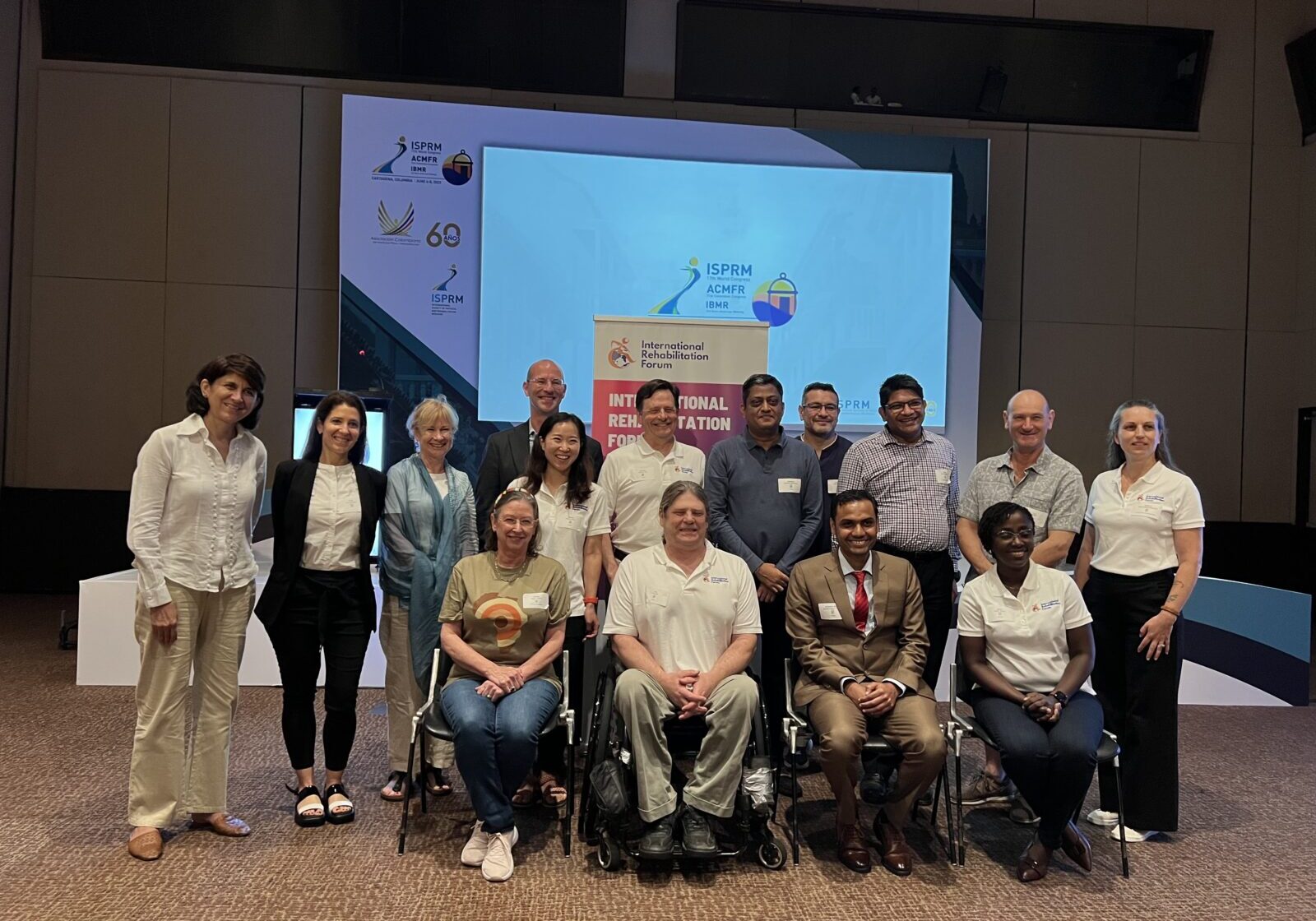
International Rehabilitation Forum (IRF) and Commission on Accreditation of Rehabilitation Facilities (CARF) Spearhead Collaborative Efforts to Enhance Quality Rehabilitation Care in Resource-Constrained Settings.
The International Rehabilitation Forum (IRF) and the Commission on Accreditation of Rehabilitation Facilities (CARF) recently concluded a successful pre-congress workshop at the ISPRM2023 conference, in Cartagena, Colombia. The workshop served as a dynamic platform that brought together a diverse group of physical rehabilitation medicine physicians from around the world who shared a vision to address the challenges associated with delivering quality care in resource-constrained settings and drive a change in the current health paradigm.
The workshop featured a wide range of perspectives, highlighted through presentations on various topics. These included insights into the development of rehabilitation care in Ghana and South Africa, the significance of rehabilitation nursing, the use of communication technologies for advocacy, the social work values in driving positive change, and CARF’s exploration of the business model and practical implementation of standards in rehabilitation care. Participants engaged in rich discussions, exchanging valuable insights and strategies to overcome challenges encountered in their respective countries, while also learning from each other’s experiences.
A unanimous consensus was reached on the urgent need for standardization and the development of guidelines tailored to different stages of the rehabilitation medicine service model, particularly in low to middle income countries. Additionally, participants emphasized the importance of raising awareness among policymakers, funders, and decision makers about the integral role of rehabilitation medicine in the healthcare system.
One of the notable highlights of the workshop was the identification of immediate action items. The IRF has committed to developing two important documents. The first document will be a comprehensive publication capturing the imperative need for standards tailored to low-resource countries. The second document will consist of toolkits designed to support training, advocacy, and strategies for engaging stakeholders.
Key priorities emerged from the discussions:
- Increase Training Numbers: Recognizing the shortage of rehabilitation professionals, participants emphasized the importance of expanding training programs to equip more healthcare providers with the necessary skills to deliver comprehensive care.
- Addressing Care Transitions: Participants emphasized the importance of ensuring a smooth transition of patients into the care of rehabilitation medicine from the early stages of treatment, in order to facilitate prompt discharge and enhance overall efficiency.
- Advocating for WHO's Landmark Resolution: Participants emphasized the need to align with the World Health Organization's landmark resolution on strengthening rehabilitation in health systems, which holds the potential to make a significant impact on improving access to physical medicine and rehabilitation.
- Overcoming Funding Challenges: The lack of funding and sufficient evidence to demonstrate the economic benefits and persuade government and policymakers were recognized as major barriers in delivering quality rehabilitation care. Participants emphasized the importance of obtaining buy-in from financial sources to support the expansion and improvement of rehabilitation services in low-resource settings.
- Collaboration and Education: Participants underscored the importance of building collaborations and sharing knowledge among families, healthcare professionals, policymakers, and the broader society. Education and awareness campaigns were identified as effective means to promote the value and impact of rehabilitation care.
In conclusion, the IRF applauds the dedication and passion exhibited by the workshop participants, who recognize the global significance of their work in advancing rehabilitation care.
For more information and updates on these initiatives, please visit our website.
About CARF
The Commission on Accreditation of Rehabilitation Facilities (CARF) is an international nonprofit accreditor of health and human services organizations. CARF works with providers to improve the quality and value of their services, emphasizing the importance of measurable outcomes and enhancing the lives of the individuals they serve. For more information, please visit www.carf.org.
About IRF
The International Rehabilitation Forum (IRF) is a non-profit organization committed to fostering expertise and collaboration in the development of relevant rehabilitation medicine practices in low-resource countries. Through its emphasis on capacity building, knowledge-sharing, and advocacy, the IRF aims to ensure that individuals with disabilities and rehabilitation needs, particularly those who are most vulnerable, receive the necessary care to regain their independence.
Areas you can get involved in the IRF
IRF partners with passionate minds and professionals with a variety of skills and backgrounds. We are physicians, nurses, rehabilitation consumers, allied health professionals, philanthropists, business admins, advocates and more. Together we transform the health paradigm to include rehabilitation medicine in low resource countries.
Currently seeking support in:
- Volunteer faculty for africa fellowship
- Social media enthusiast
- Fundraising
We are also looking for partnerships with medical institutions where IRF’s Africa Fellows can visit and gain hands-on experiences in PM&R practices and multidisciplinary PM&R team.
